What can parents do to keep their kids’ immune systems healthy? There are no magic immune boosting foods. Instead, focus on these 5 easy eating strategies.
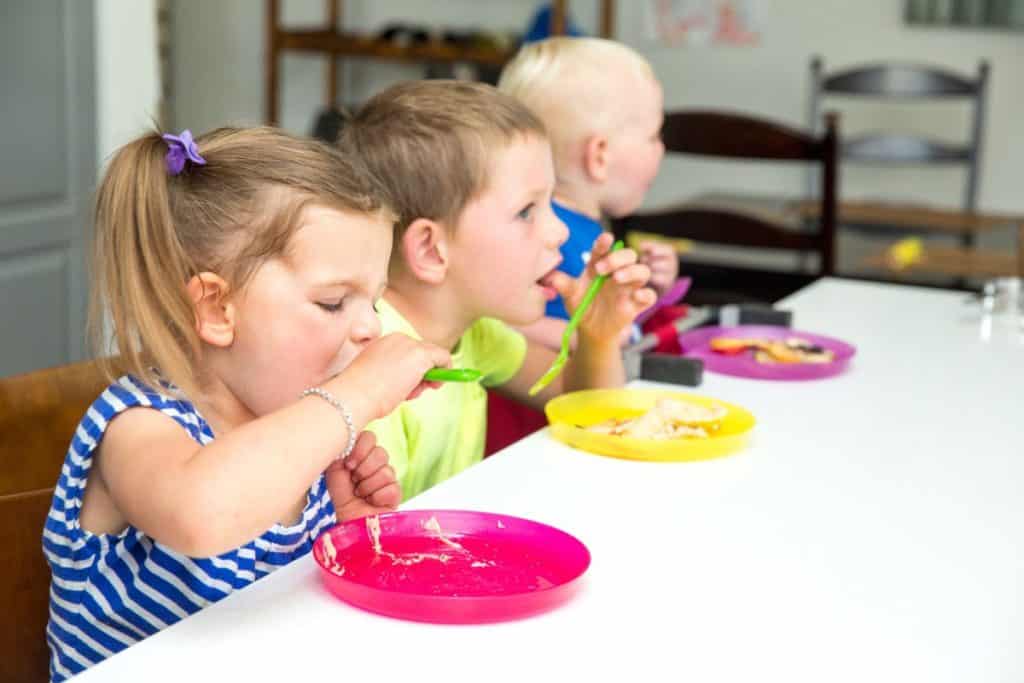
Feeding kids is a tough gig.
I know this not only because I’m a pediatric dietitian and nutritionist but also because I’m a mom of three. One of the most common questions I’m asked by my friends, family and followers on instagram is for a list of immune- boosting foods to give toddlers and kids to help keep them virus free. In short, and despite what the internet tells us, there are no specific immune- boosting foods or vitamins for toddlers and kids.
As a parent you might be wondering what you can do to keep your kids healthy. In this post I share 5 specific eating strategies to focus on instead:
- Eat lots of colorful fruits and veggies at meals and snacks
- Supplement with Vitamin D
- Include protein in meals and snacks
- Serve yogurt or other probiotic-containing foods
- Eat foods that contain healthy fats (i.e., nuts and seeds)
Parents are doing everything from proper hygiene (frequent hand washing), staying active, eating well and staying at home. But many parents wonder if there are certain foods or vitamins and supplements that may help to prevent sickness.
The truth is, yes, there are nutritious foods that we all should be consuming regularly for our well-being, and for normal immune function. However, there are no “immune-boosting foods” to speak of, and even if there were, that would not be a good thing. See, to “boost the immune system” would actually mean that your immune system would shift into over-drive. An overactive immune system can put you at risk of developing autoimmune disorders. This is not good. The goal is to keep your immunity in check (functioning normally) so that you’re able to prevent infection and sickness.

What about supplements?
Many articles, blog posts and vitamin and supplement companies incorrectly claim that certain foods and nutrients enhance immune function (I’m guilty too! An old, outdated blog post of mine listed some “immune-boosting foods”).
First of all, the terminology is incorrect. You can’t actually “boost” the immune system, nor do you want to. And there’s really no good science to support any one food, nutrient or supplement improving immune function or warding off sickness.
Darn, hey? I know.
Although including foods in your child’s (or your) diet that contain certain essential vitamins and minerals DO support normal immune function (such as vitamins C, D, A, protein and Zinc), more of these does not mean a stronger immune system. We just don’t have the science to support any claim that certain foods or nutrients strengthen immunity. In fact, researchers are far from comprehending the complexities of how our immune systems operate and if or how to strengthen them through nutrition.
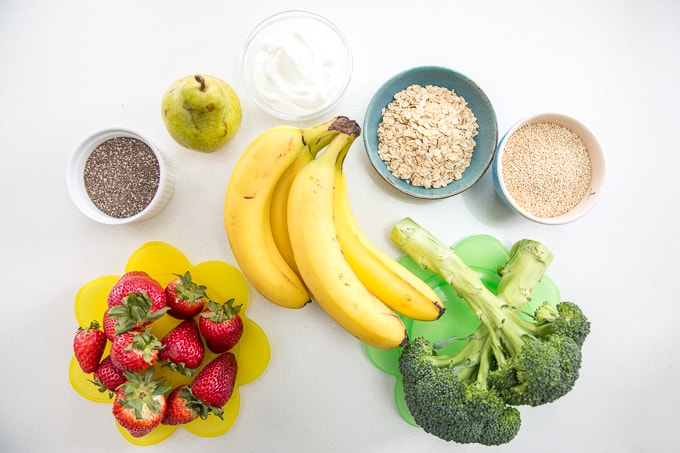
So, is there a special way to feed kids to prevent infection or sickness?
As a parent, you might be wondering what the heck you CAN do to help prevent the risk of infection. Again, there’s no one magic solution to prevent it, however most experts would agree (and this is no surprise) that it’s key to:
- practice proper hygiene
- stay physically active
- focus on general healthy habits, including good nutrition
Make sure that you and your children are washing your hands often, doing some daily physical activity, getting outside for some fresh air and eating balanced, healthy meals and snacks.
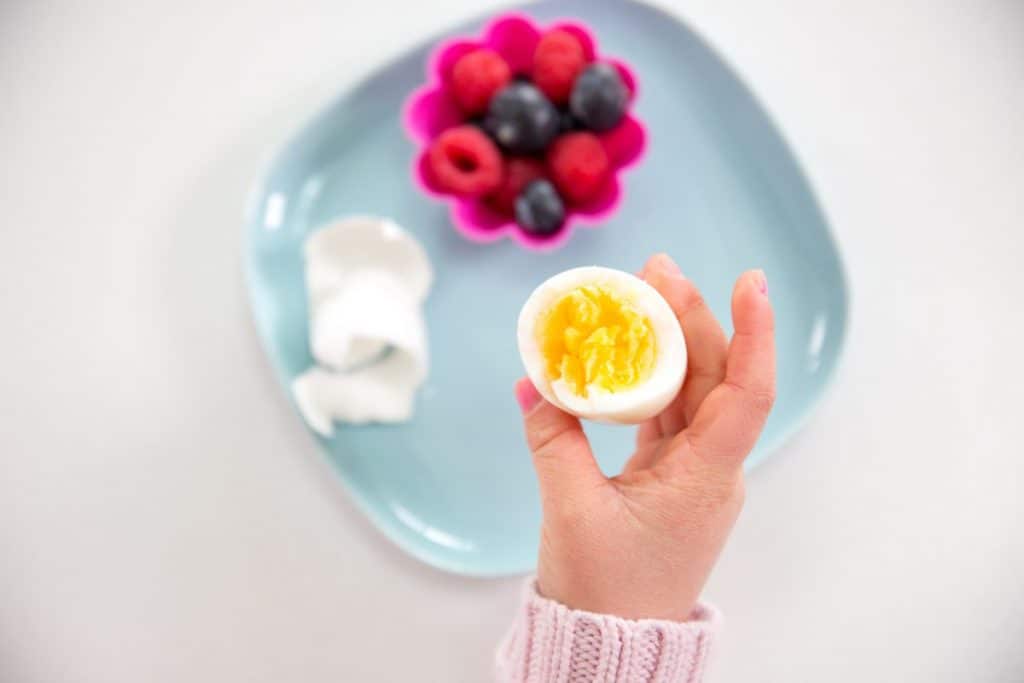
1. Eat lots of colorful fruits and veggies at meals and snacks
Make sure that you’re serving fruits and/or veggies at every meal and snack. I try to get at least three colors in at every meal and two at snacks.
A few options are:
- Bell peppers
- Oranges
- Strawberries and other berries
- Carrots
- Squash
- Leafy greens
- Apples
For adults, aim for half your plate to be filled with fruits and veggies, and for kids, aim for at least one third of their meals and snacks to consist of fruits and veggies. Here are some recipes to try with your kids:
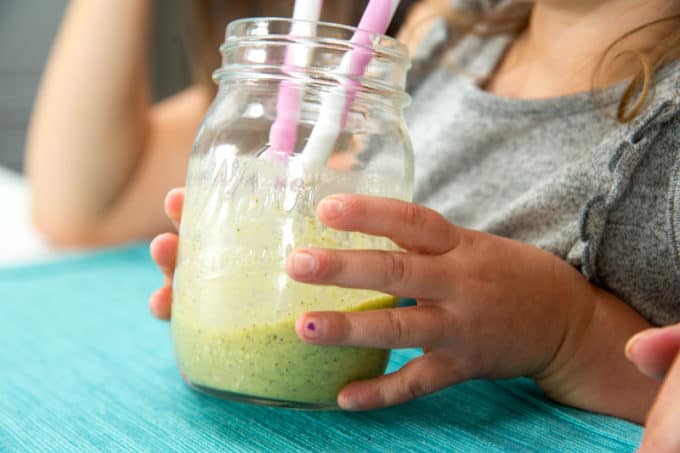
2. Supplement with Vitamin D
Here’s the one exception to the supplement rule: vitamin D is one nutrient that you do want to supplement with. It is very important that you get enough vitamin D because a deficiency in this fat-soluble vitamin is linked to an increased risk of infection. Unfortunately, there aren’t many foods that contain vitamin D (in high enough doses). Since it is found in a limited number of foods, such as fortified milk and fatty fish, supplements are often recommended (the dose you need depends on age, gender and how much you get from food).
3. Include protein in meals and snacks
Protein plays a role in the body’s immune system, especially for healing and recovery. Serve up a variety of protein foods including plant-based sources like beans, lentils, chickpeas, tofu, nuts and seeds.
These protein-rich foods also contain many other beneficial nutrients like fibre, vitamins and minerals. Animal source such as seafood, lean meat, poultry, and eggs are great too, and contain additional nutrients such as iron, zinc and Vitamin B-12 which support the immune system too. I aim for about one quarter to one third of each meal to be protein-rich foods.
Here are a few of my kids favourite recipes containing these foods:

4. Serve yogurt or other probiotic-containing foods
You’ve likely heard that the beneficial bacteria (probiotics) found in yogurt helps to maintain a healthy digestive tract, right?
Well, there has been some research (although weak and inconclusive), showing that those same probiotics (namely Lactobacillus and Bifidobacterium probiotic strains) may help to shorten the duration of upper respiratory tract infections. Now, I would caution you not to believe that eating yogurt or drinking kefir will prevent infection—that’s simple not true—but serving these foods does provide some health benefits, not only from the probiotics they contain, but also from some key nutrients such as protein and calcium.
We serve Greek or Skyr yogurt (because it’s higher in protein) at least once a day and pair it with fruit and homemade granola. To minimize added sugar, and maximize nutrition, choose a plain Greek yogurt that contains at least 2% milk fat, and add things like fruit, or a little bit of maple syrup to sweeten it.
What about probiotic supplements?
Giving your child a probiotic supplement isn’t the answer. There’s just not enough research out there on various strains of probiotics and what their functions are in the body. Probiotic supplements won’t prevent infections from happening, and the risk in taking them is that each and every probiotic strain has a specific use and may actually suppress the immune system, which could cause problems.
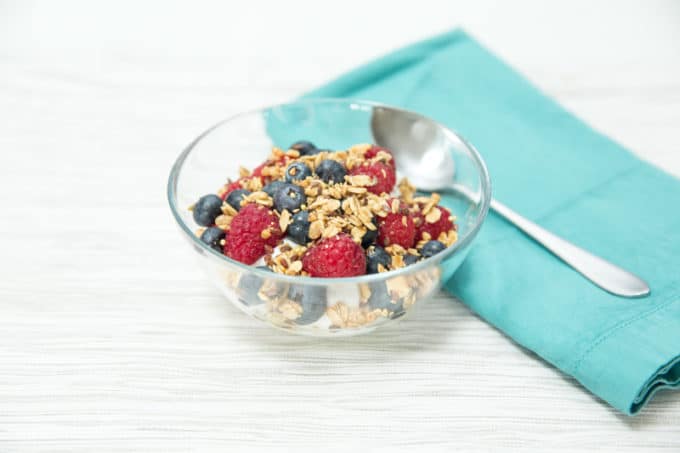
5. Eat foods that contain healthy fats (i.e., nuts and seeds)
Foods such as nuts and seeds are not only nutritional powerhouses full of protein, fibre, potassium, healthy fat and more, but they also contain nutritions like Niacin and Riboflavin, which are B-Vitamins that may help ward off the negative effects of stress (kids get stressed too!), by supporting the immune system.
Just one quarter cup of of these tasty nuts also also contain your child’s daily requirements for Vitamin E (and more), an antioxidant that also helps to support immune function. They can be a choking hazard for babies and young toddlers though, so make sure to serve your littlest ones slivered or sliced almonds, or natural nut or seed butters spread thinly on something like toast.
Some recipes to try are:
- Easy Flourless Peanut Butter and Banana Muffins
- Peanut Butter Chocolate Chip Cookie Dough Protein Balls
- Sweet and Salty Chocolate Lentil Granola Bars
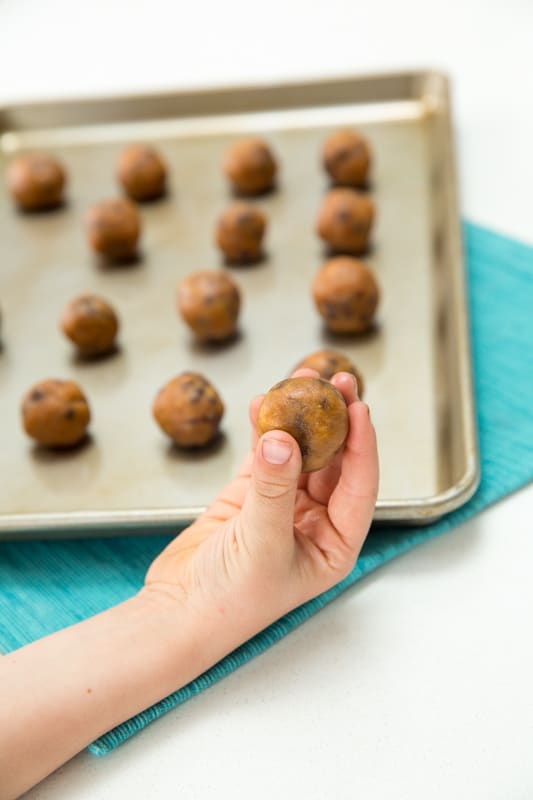
Whole grains such as oats, barley, quinoa and brown rice are also important (for kids, I suggest filling one quarter to one third of their plates with whole grains/starches), not only because they provide energy, but also because they contain some immune-supportive nutrients such as fibre, vitamin B-6, Iron, and protein.
Bottom line?
Don’t stress about loading your kids up with specific immune-boosting foods or a whole bunch of vitamins and supplements during this time (or any time), because there’s no such thing, and it turns we don’t want to “boost the immune system” either!
Instead, focus on staying nourished with balanced nutrient-rich meals and snacks, including the foods mentioned above.
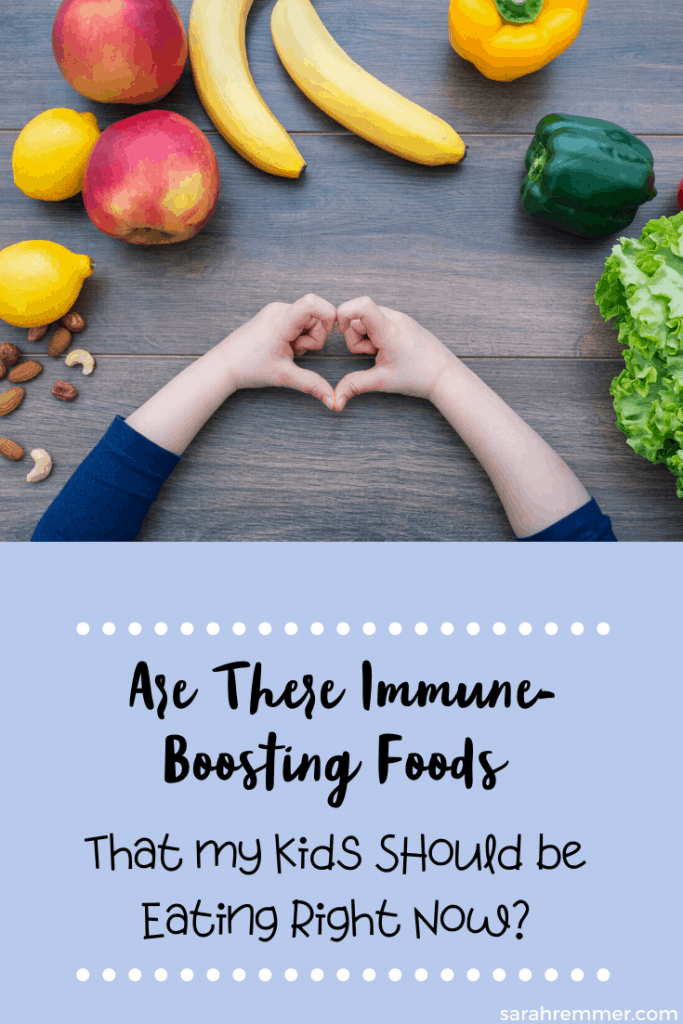
Did you know that we offer personalized nutrition counselling for kids and families? If this is something you’d like to learn more about, please visit The Centre for Family Nutrition. We’re also offering virtual counselling options right now too!

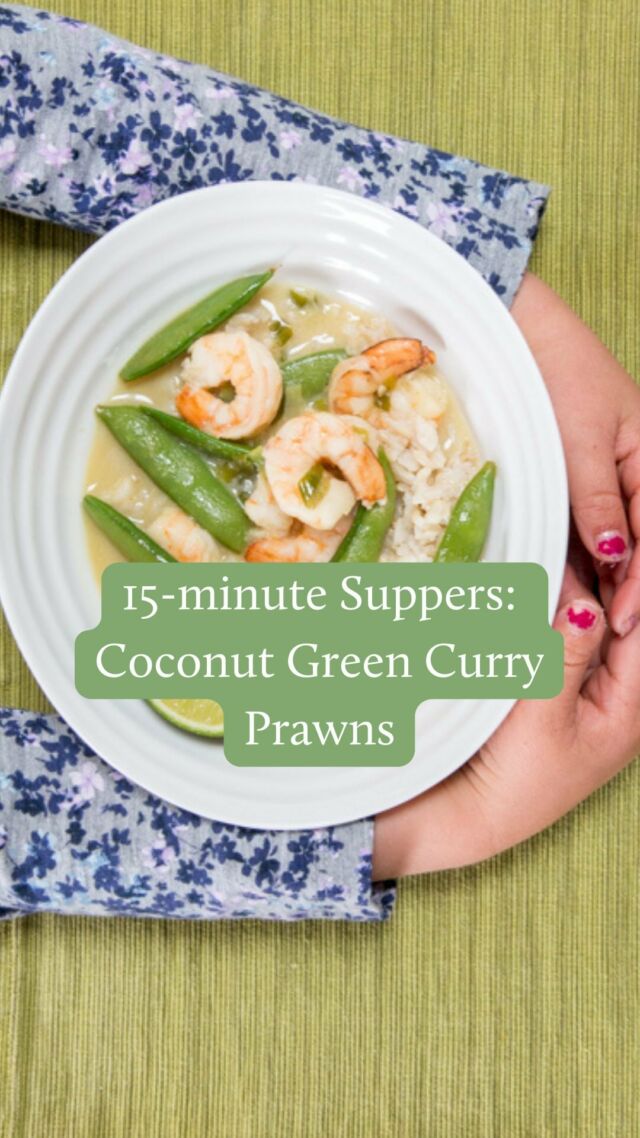

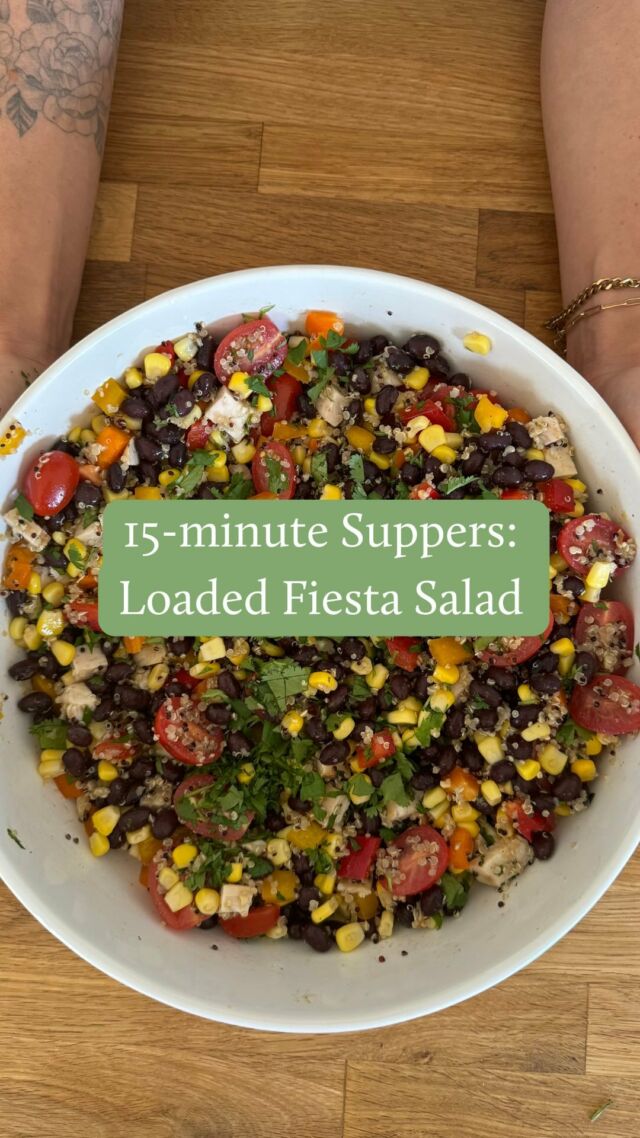


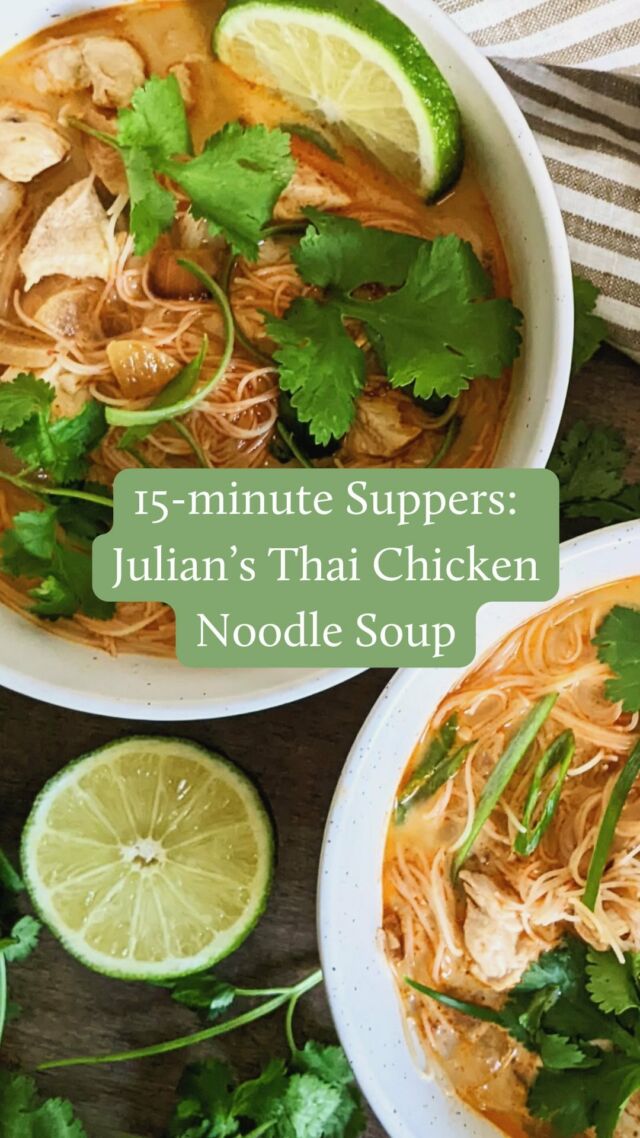
Comments
Parinitha Bhargav says
Too good stuff. This post helps the parents to give the right nutrients to their kids. Thank you for the helpful post.
Sarah Remmer says
I’m so glad it was helpful! Thank you for commenting.
jack says
Thanks for sharing thig wonderful healthy article tips. It’s really beneficial of everyperson. It’s really great article .
Sarah Remmer says
Thank you for your kind comment!
manek says
Thanks for sharing this great article. Really useful information about the immune system for kids.
Sarah Remmer says
Thank you, Manek!
Bethany says
Hi, My kid is about to start school. I have heard when the kid goes to school fever is common, any remedy to boost the immune so she does not catch cold easily. Thanks in advance.
Sarah Remmer says
Hi Bethany, thanks for taking the time to be here! I think you’d love my article on immune-supporting foods for kids. https://www.sarahremmer.com/immune-supporting-foods-for-kids/ You might also find this one helpful: https://www.sarahremmer.com/are-there-immune-boosting-foods-that-your-kids-should-be-eating/
Reach out anytime with questions!
Zunaira Ahmad says
Thank you for great info.
Hanifa says
Thanks dear for the useful information
Didi Msiza says
Great stuff thank you,need more of this information
Ella says
Really need this information. Thanks.
Donald E. Iguniwei says
Great information for me,and timely. Thanks.
Yemisirach Alemayehu says
Nice